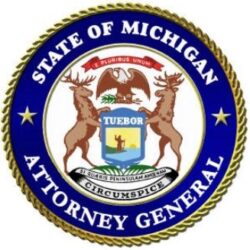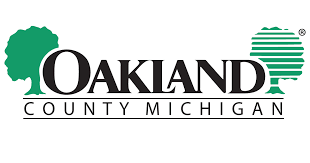
Protecting First Responders is Critical – and Legal

Attorney General Nessel wanted to make sure subscribers saw this release, which was also to be issued through the State Emergency Operations Joint Information Center (JIC). Media Contact: Ryan Jarvi FOR IMMEDIATE RELEASE: MI AG Nessel Says Protecting First Responders is Critical – and LegalLANSING – With the heightened fear of being exposed to coronavirus disease 2019 (COVID-19) combined with a general belief that HIPAA laws prevent disclosing certain protected information, Michigan’s first responders can be assured that the critical health information needed to protect them can and will be shared. The issue arose following a concern from first responders that they lacked sufficient information about those who have tested positive with COVID-19 to protect themselves when they respond to calls for assistance from members of the community. In response, they reached out to the Attorney General’s office for guidance. “Protecting the health and safety of our first responders is essential,” Attorney General Dana Nessel said, “and it is why the HIPAA privacy rule allows certain covered entities – like a health department – to disclose information about individuals who tested positive for COVID-19 under certain, limited circumstances, like the one presented here by our first responders.” The Health Insurance Portability & Accountability Act – the federal law known as HIPAA – generally prevents disclosure of protected information. However, in this case, HIPAA would allow information about a person who tested positive for COVID-19 to be shared with Central Dispatch and then communicated to first responders whenever those first responders may be at risk of COVID-19 infection or when a first responder can reasonably prevent or lessen a serious and imminent threat to health or safety. When sharing this information though, reasonable efforts should be made to limit the information disclosed to the minimum necessary to accomplish the purpose of the disclosure. That could be achieved by only sharing the information with the first responders handling the call for assistance. Click here to view a video from Attorney General Nessel on this issue. The Attorney General’s office recently added a new section to its website, Know Your Employment Rights, to provide Michigan residents with more information on the legal rights of employees and employers under the state’s Stay Home, Stay Safe executive order. Additional information for employers can be found on the Guidance for Business page on the state’s website devoted to COVID-19. The state’s COVID-19 website also has information on the Governor’s other executive orders, directives and FAQs which allows for review of each order and its own questions and answers. Anyone seeking interpretation of an executive order should first review those orders and the FAQs posted online. If an answer is not found, requests for an interpretation of an executive order can be emailed to the Michigan Department of Attorney General. Frequently monitoring the FAQs is recommended as they are updated often. |




